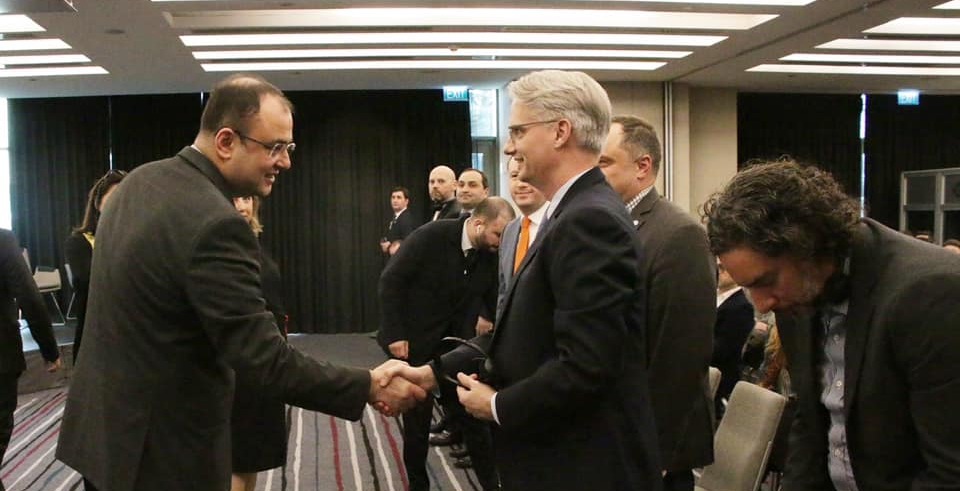News

Minister of Justice Advocates for Public Collaboration in Advancing Artificial Intelligence and Regulatory Frameworks
Rati Bregadze addressed the vital intersection of artificial intelligence utilization and the need for legal frameworks during a discussion organized by the U.S. Agency for International Development (USAID) on economic governance.
In light of technological advancements, the Minister emphasized the critical importance of enacting legal regulations that both foster innovation and safeguard fundamental human rights.
Rati Bregadze offered specific initiatives to the discussion participants, namely:
- The establishment of an interagency working group within the Ministry of Justice dedicated to crafting AI legislation in alignment with EU standards;
- Creation of a Technological and Artificial Intelligence Legal Center at the Ministry of Justice Training Center.
The USAID Mission Director, Deputy Minister of Economy and Sustainable Development, Irakli Nadareishvili and Head of the Artificial Intelligence and Robotics Center (UNICRI), Irakli Beridze also spoke at the event. The discussion took place with the involvement of representatives of the public and private sectors, as well as academic circles.
 Geo
Geo Eng
Eng